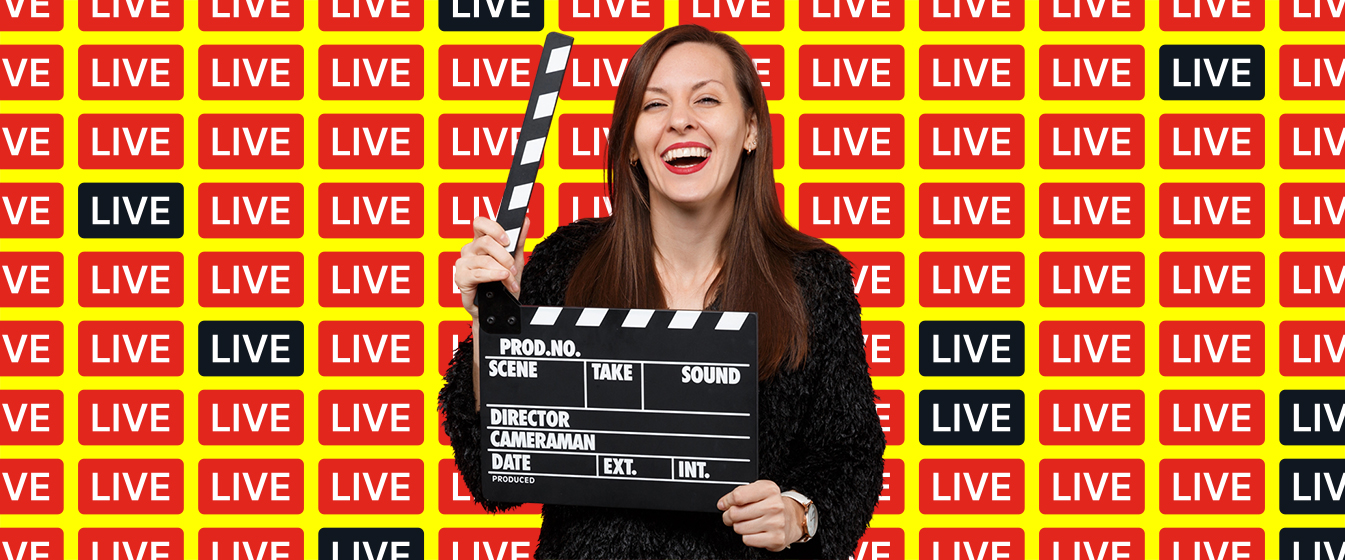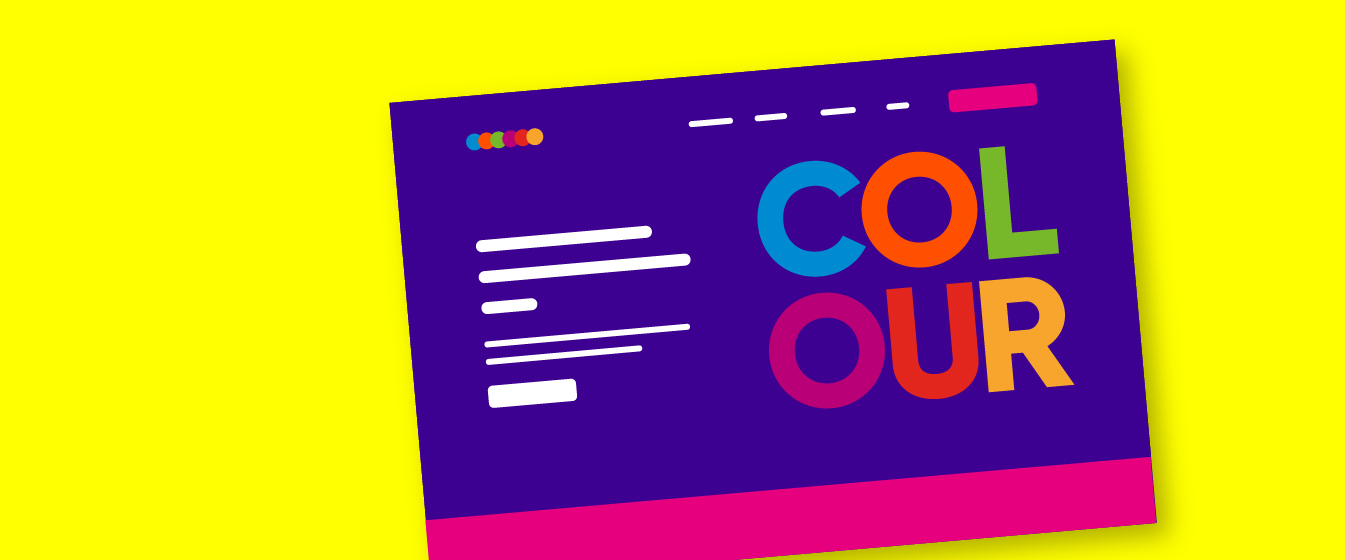Blog: Event marketing
What is the Entourage Effect and how can it help you market your events?
8 November 2024 minute read

Whether you run events aimed at consumers or businesses you’ll already know that creating personalised, high-end experiences for your most valued attendees can help to drive loyalty, advocacy, new business, increased exposure and other good stuff.
People like to feel important. That’s why more and more business events are incorporating VIP packages into their offers to attract or flatter the great and the good within their particular community.
You might provide early access to the event, a dedicated entrance, or priority seating. Maybe there’s a VIP lounge with free drinks, comfortable seating and a concierge service. There might be an exclusive private dinner with top speakers, a limo to pick guests up from the airport, high-end gift bags and more. It’s good to be special (I would imagine).
But whatever you’re offering your biggest cheeses, there’s a little-known psychological multiplier you should know about, and it’s called the ‘Entourage Effect’.
TL;DR it can make your most important stakeholders more supportive of your events.
Before we go any further, we’re not talking about the inexplicably popular 2004 HBO show about bromance among dreadful Hollywood types, which I recently saw described as ‘basically “Toxic Masculinity: The Show”’. If you haven’t seen Entourage, well, let’s just say it hasn’t dated well.
And nor will I be looking at the synergistic psychoactive effects of various cannabis compounds. (Yeah! It turns out there are two very different hypotheses out there with the same name.)
No, put away the sexist TV show and the CBD gummies because the Entourage Effect we’re talking about is some fascinating research carried out by two Canadian academics specialising in consumer behaviour and marketing psychology, Brent McFerran and Jennifer Argo.
Their 2012 paper The Entourage Effect asserts that a VIP’s status is actually elevated when they’re provided with the opportunity to share their special treatment with friends, family or colleagues. Basically, anyone they like (or anyone they want to like them).
Contrary to conventional thinking – ie that scarcity itself intrinsically increases something’s value and therefore its owner’s status – the pair’s research shows that, by allowing VIPs to share otherwise-exclusive privileges with a wider group of their own choosing, the VIP is made to feel even more special, and (by extension) love you and your event even more.

Room for one more? Yes, I think there probably is.
How does it work?
Think about it. Why do we give (or sell) VIP treatment to certain categories of attendee in the first place? We do it to confer status.
Humans are social creatures, and we all naturally crave status amongst our peer groups, so we tend to do things that hint at our desired position within a social hierarchy. In our private lives we might do that by buying premium brands, expensive cars, exotic holidays etc. In business events, we might crave recognition as ‘leaders’, ‘executives’, ‘opinion formers’ – basically VIPs.
By conferring VIP status on senior individuals in this way, we appeal to their ego and make it more likely they will attend, support and contribute to our events.
So far, so normal.
But McFerran and Argo’s research tells us that an even smarter approach would be to go further and make a point of extending the benefits and exclusivity we confer on our most important VIP customers to their friends and associates.
Here’s where it gets interesting
The Entourage Effect is counter-intuitive. You might assume (as I did) that sharing these privileges with others would tend to dilute the VIP’s experience somewhat. After all, being allowed to bring your entourage obviously adds to the total number of people receiving special treatment, and thus the overall net exclusivity of the treats bestowed on the VIP would seem to be reduced.
Conventional wisdom (well, economics) states that, the less exclusive or scarce a good, service, or reward is, the less valuable it becomes, and therefore its potential for signalling one’s status becomes lower. Right?
But conversely, according to the Entourage Effect, VIPs experience higher status when they’re able to share their special treatment with their entourage, than they do when they’re only able to experience those same benefits by themselves.
Why is this?
Well, according to McFerran and Argo, it’s not because VIPs are averse to being lonely per se. Neither is it necessarily because they crave more public visibility of their social position or want to create a feeling of indebtedness among their hangers-on.
Instead, our clever marketing psychologists found that the real reason that the Entourage Effect occurs is because of the heightened feeling of social connection that the VIP experiences when they’re able to share their preferred status with their chosen group.
Sharing their VIP benefits with their entourage causes them to experience those benefits more intensely, makes them feel more valued and makes the whole event more memorable.
This is basically gold dust for managers of business events!

She brought her friends and look what a great time they’re all having.
How could the Entourage Effect make my event more successful?
For most commercial event operators (like most businesses generally) the majority of sales tend to come from a small fraction of potential customers. This is often referred to as the Pareto principle (or the 80/20 rule), where 80% of revenue comes from 20% of customers.
In events these will typically be the market leaders or new entrants seeking to dominate the space by sponsoring, exhibiting, speaking and sending lots of their people to an event.
Identifying the best strategy for rewarding the most loyal attendees and supporters is critical. And the Entourage Effect may have an important multiplier effect – increasing the perceived value of your VIP offers simply by letting your key stakeholders share them with a friend or two.
In most cases, the marginal cost of allowing a few more +1s into the VIP lounge or the limo will be negligible. But the benefits in terms of buy-in and loyalty from your top stakeholders could be incalculable.
So next time you’re setting out your VIP offer or mailing those gilt-edged RSVP invitations, why not make a point of encouraging your big-hitters to bring a few friends, colleagues or clients along for the ride. It might just pay back ten-fold.
Do say: ‘As a valued industry leader, we’re offering you and three of your guests unlimited access to our prestige VIP lounge throughout the conference’
Don’t say: ‘Join us for a special screening of the episode in season 8 where the guys help Vince pass a drugs test when he finds himself at a crime scene!’



